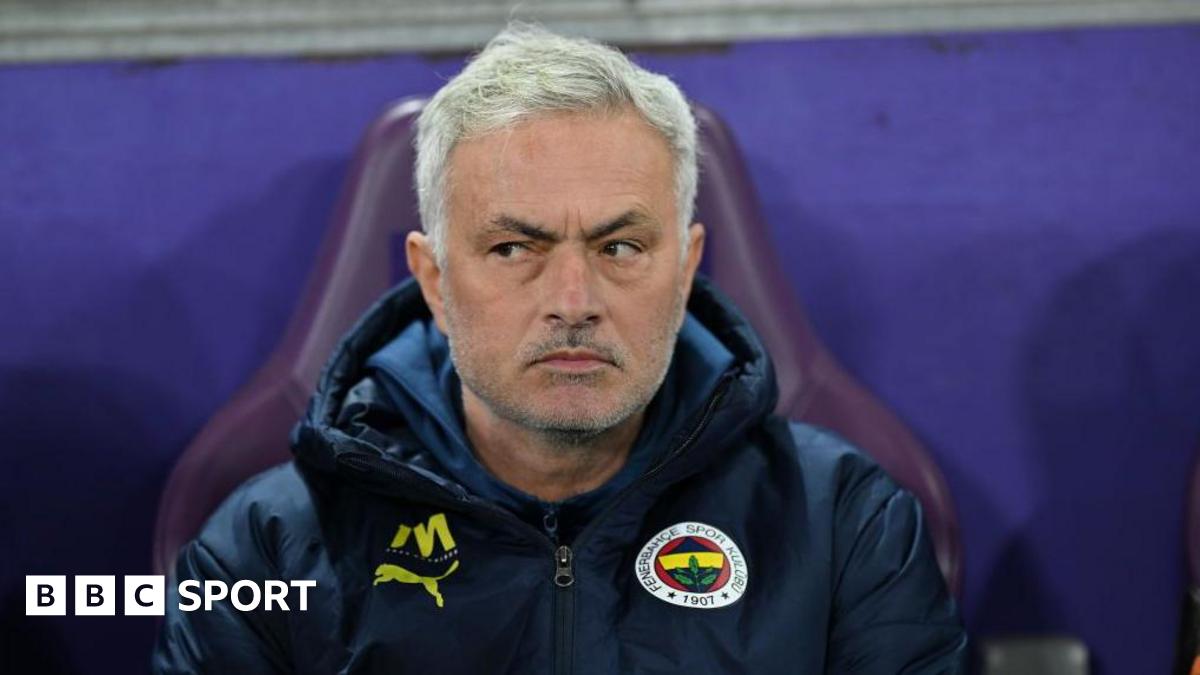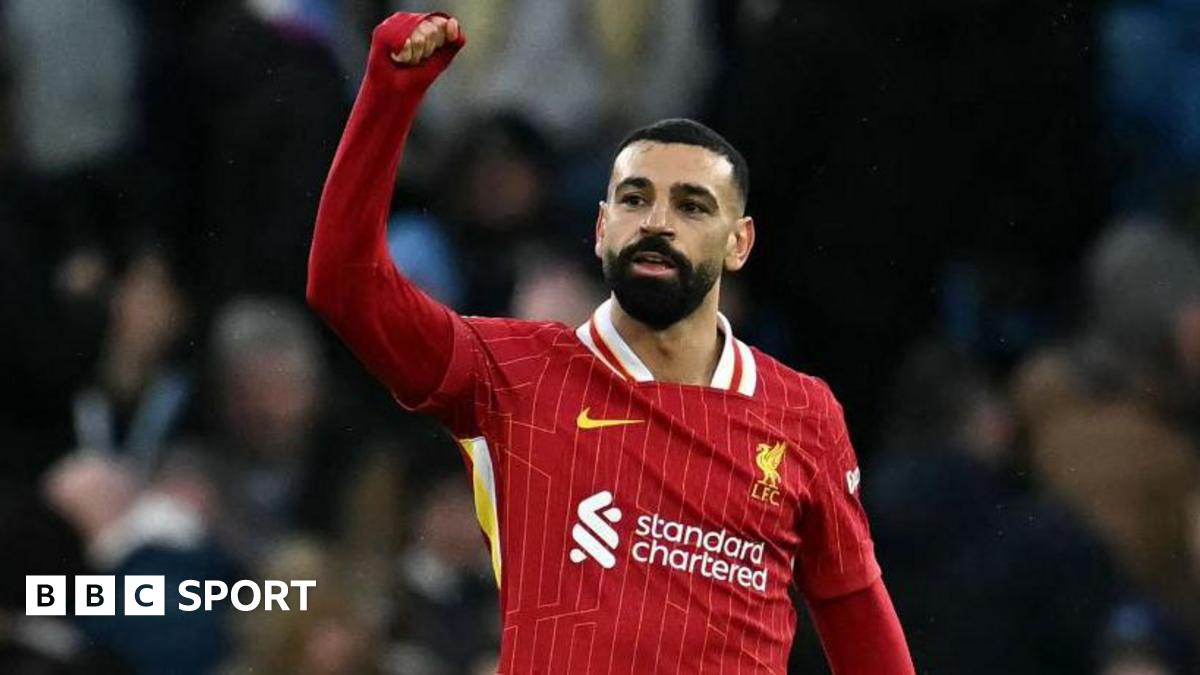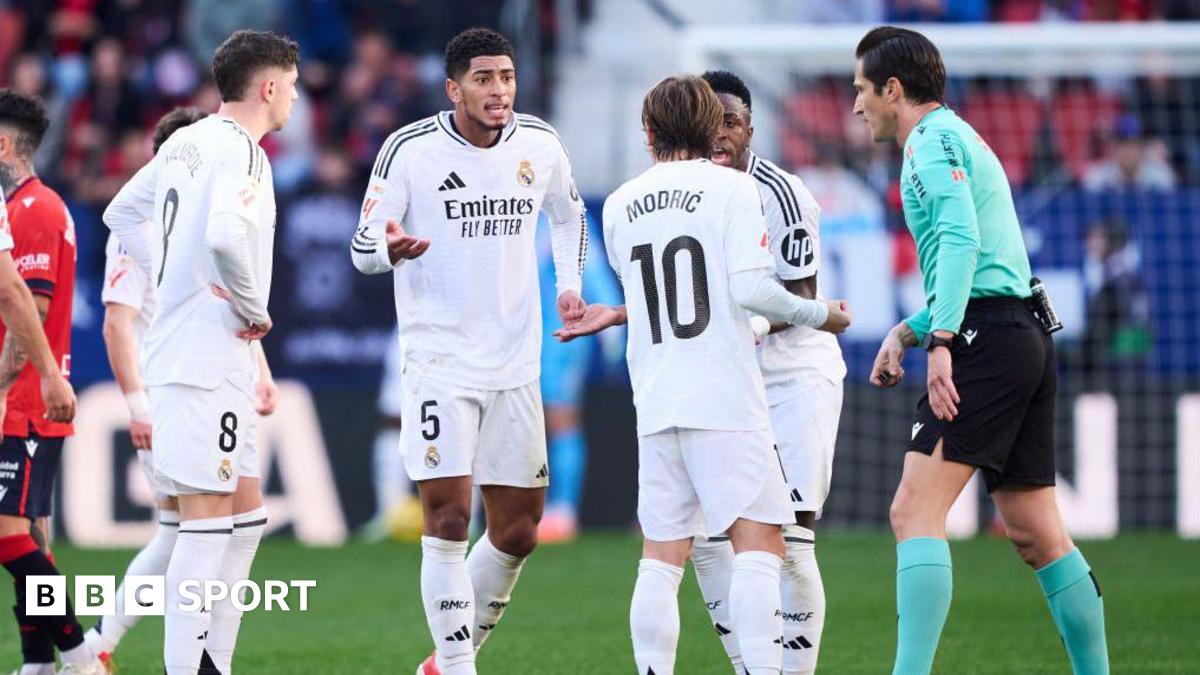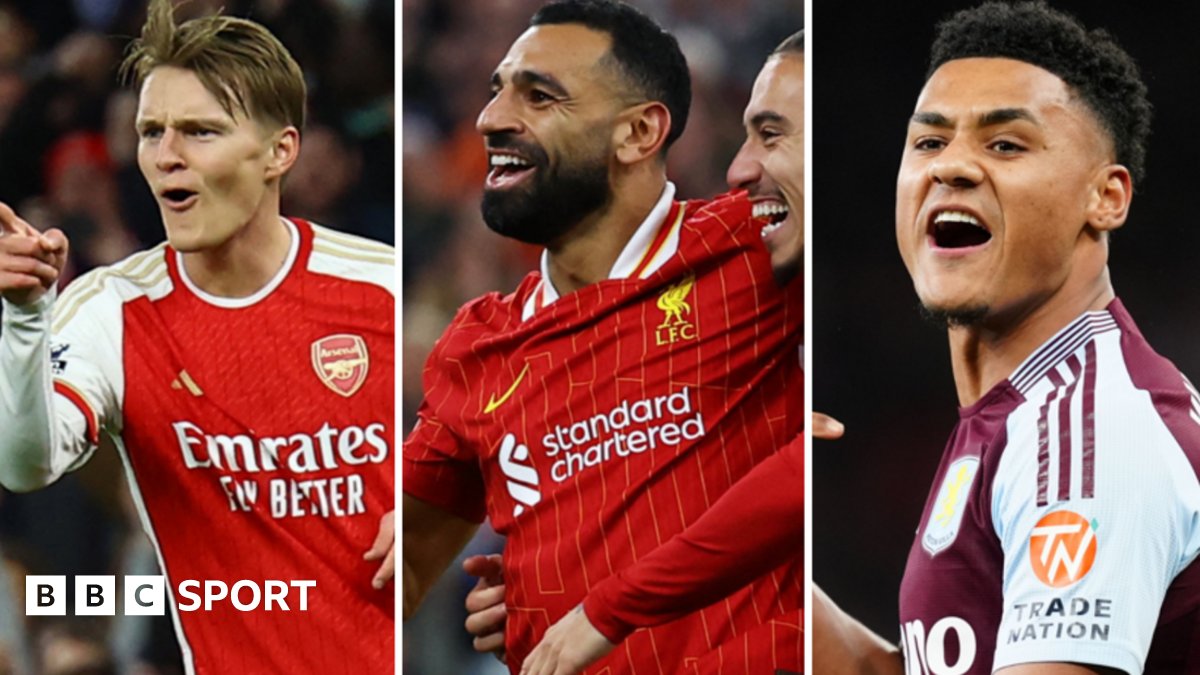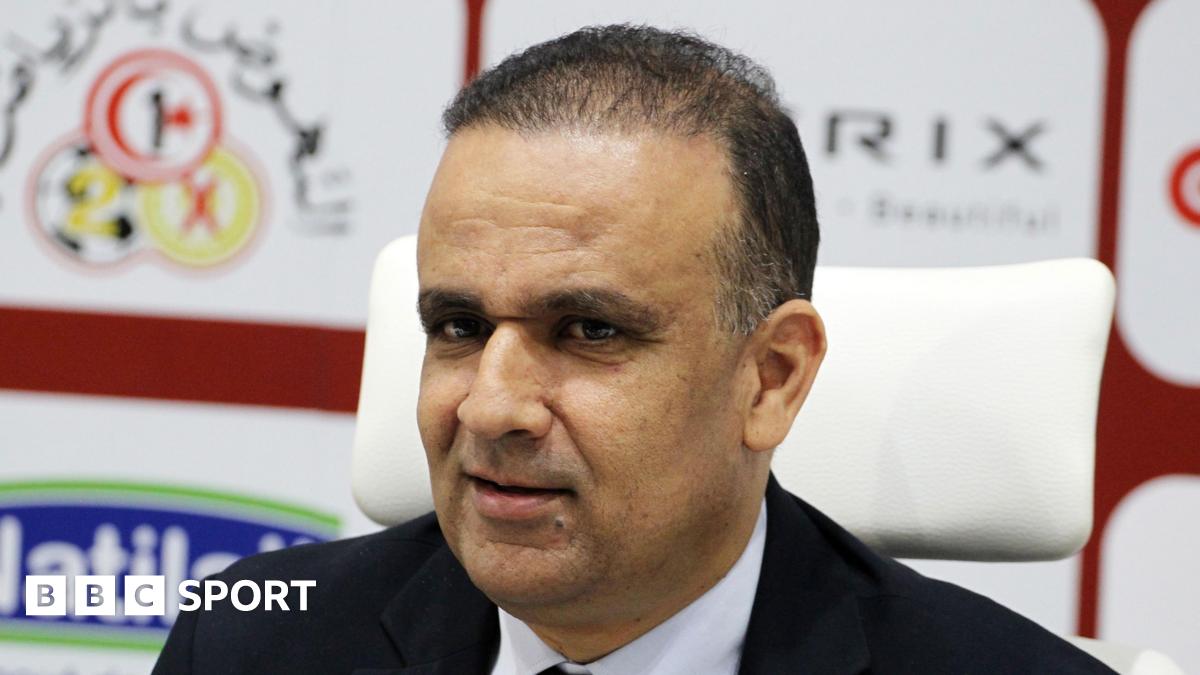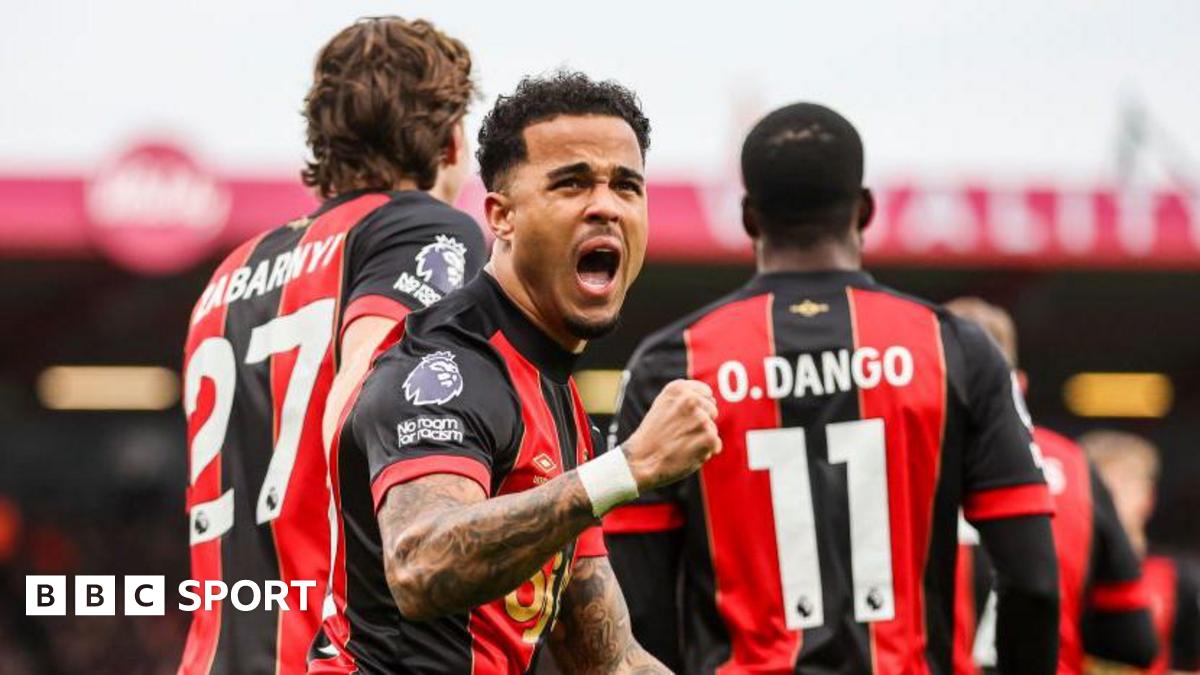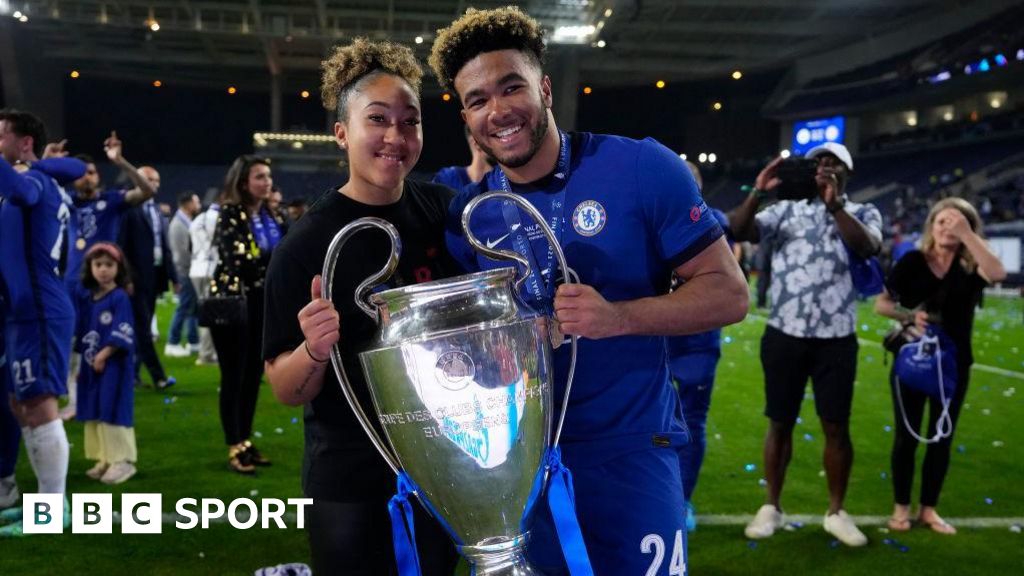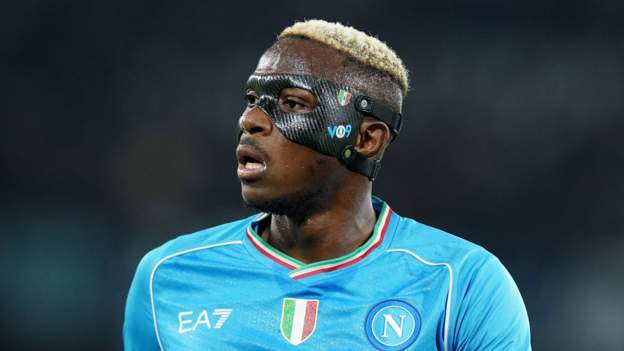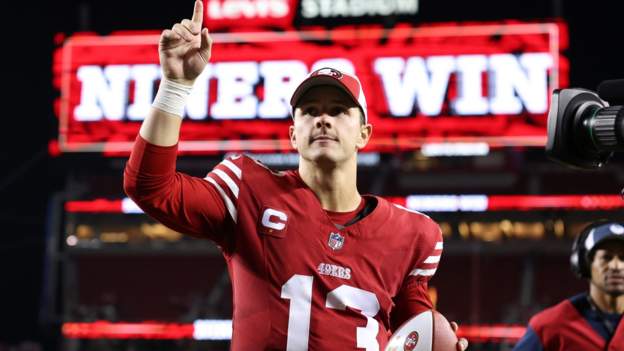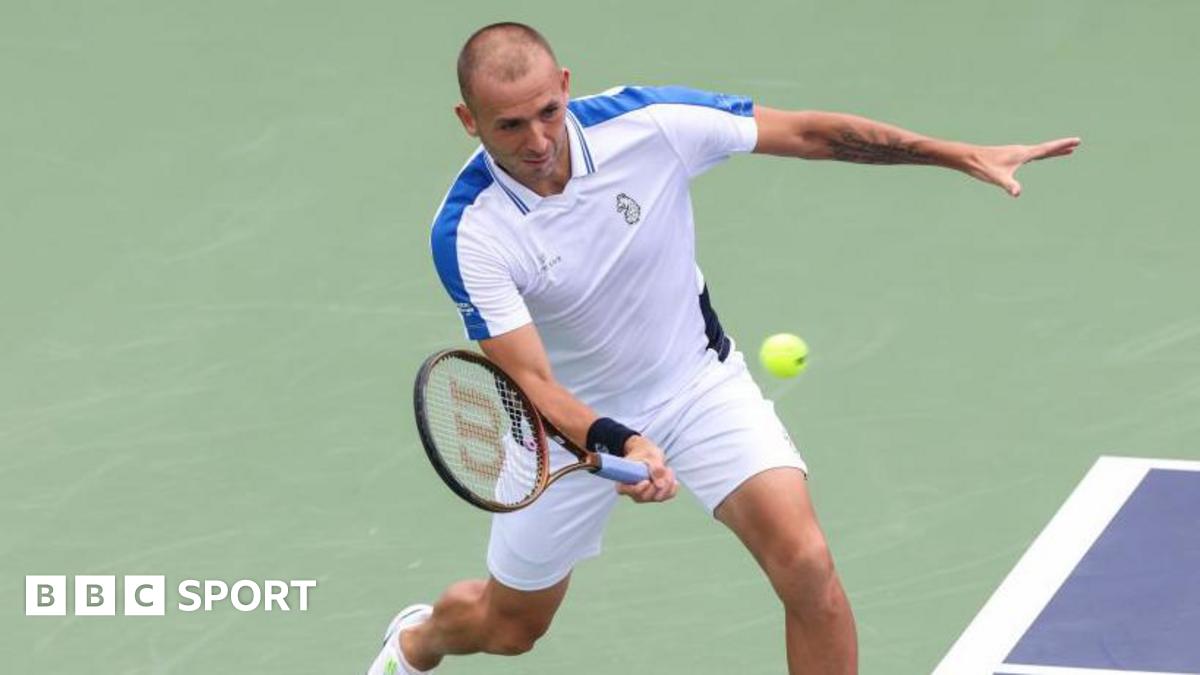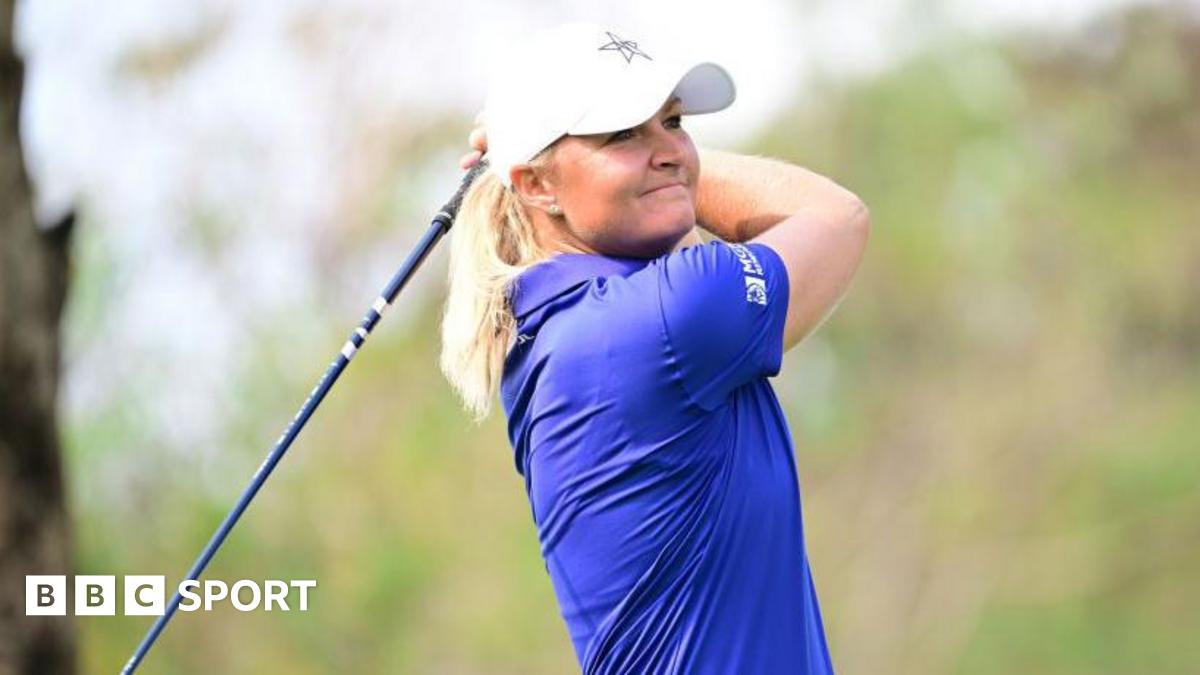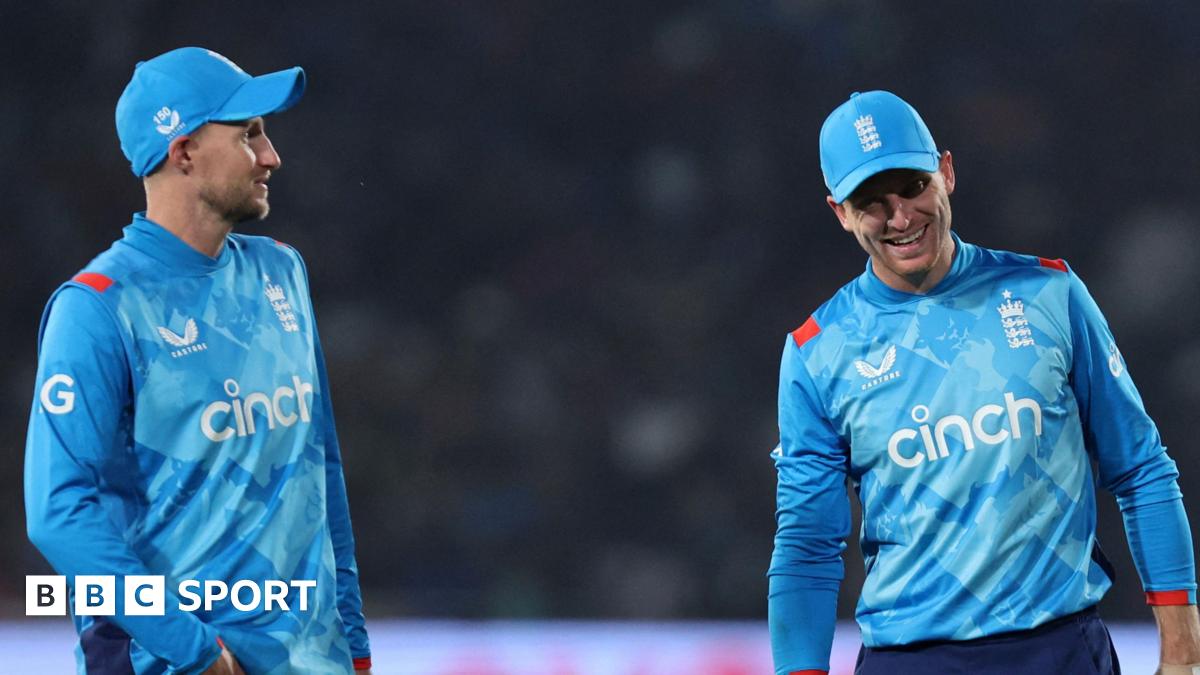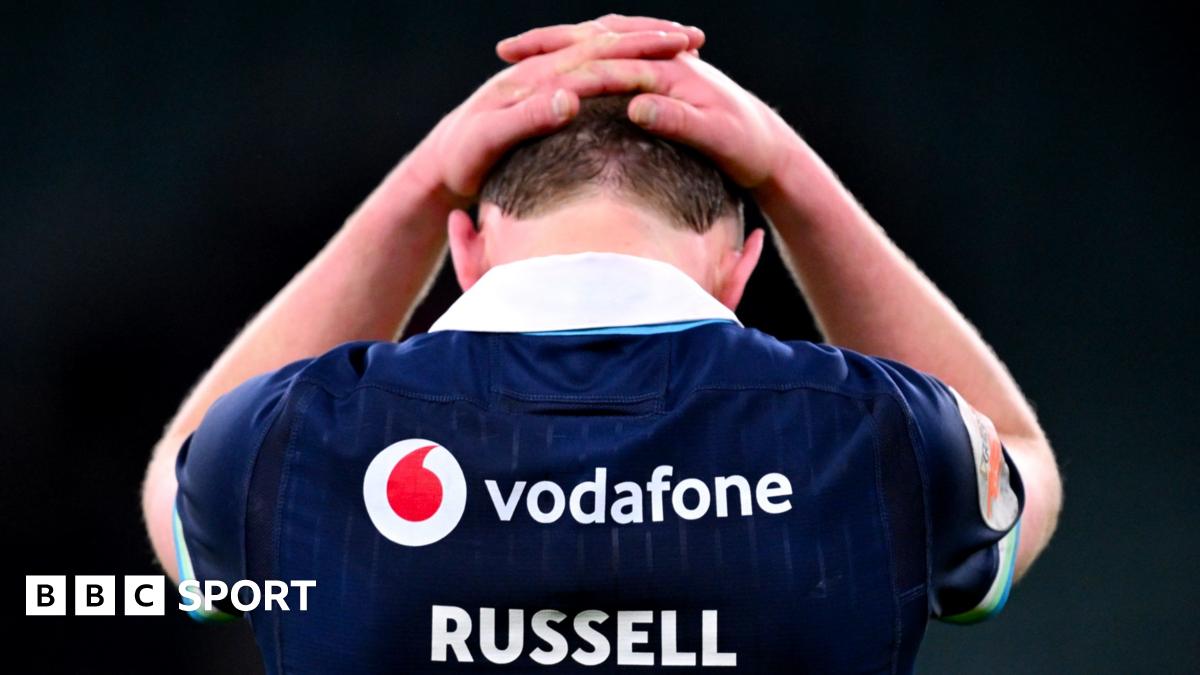Marcia Lewis would agree with that. Her son Myles Lewis-Skelly is 17 and spent the summer on tour with Arsenal in the United States, but he is also taking his A-levels.
Education has always been a non-negotiable and the family have “had to say no to football” on occasion. Lewis says the club have always been respectful of that.
“He is not an Arsenal first-team player, he is an academy player, he has not ‘made it’,” explains Lewis. “He has had some incredible experiences and is on a pathway but that doesn’t mean he is going to fulfil his dreams as a professional footballer long term.
“He backs himself, we back him, but the realities are what they are. You realise, especially at this juncture, he is not competing with the 10,000 kids in academies anymore, he is competing with multimillion-pound players all over the world.”
Myles joined Arsenal in the under-9s but even by the age of 11 Lewis took a call from an agent. A year later it was a brand wanting to sponsor him. She didn’t tell Myles about the approaches at the time.
Lewis knew little about the football industry or where to seek advice. Incredibly, she took on a master’s degree in football business and studied to become a Fifa football agent herself to help understand it better.
Now she runs a platform called No1Fan.club, as well as a podcast Behind the Boots, that provides a support network for parents navigating youth football and helps show alternative pathways in the industry. They host one-to-one chats, Q&As, workshops for the public and academies – but it is designed by parents for parents.
“We get parents from grassroots who want that peek over the curtain of what is in an academy. Their kids have been scouted, what does that mean?” says Lewis.
While Lewis has had a largely positive experience with Myles, she appreciates not everyone feels that way about the academy system because not every young player can make it professional.
For parents, it can also be daunting knowing what questions to ask, but the platform aims to help them feel confident navigating that environment.
“Parents have struggles in all sorts of areas,” says Lewis. “It could be how to talk to your academy manager, how to build a relationship with an agent or how to find a sports lawyer to help with that side of things.
“It is such a unique environment to be in, there is no guidebook and we can get it so wrong. All we are doing is hearing the whispers on the sidelines, the hearsay: ‘That person has an agent, that person’s playing up, that person’s going on tour and my kid is left out, my child is playing a different position and they’re only a striker.’
“All these things that create this internal anxiety, is because we don’t know or we don’t have the right guidance.”
For some families, they are not just chasing their child’s dream but also a new social and economic future.
“There is more knowledge about the industry and its potential riches, it has created a different dynamic,” explains Lewis, who says some parents see the “lottery ticket”.
“Football is a hobby for a very long time. It is not a job until you are getting paid to do it.”

